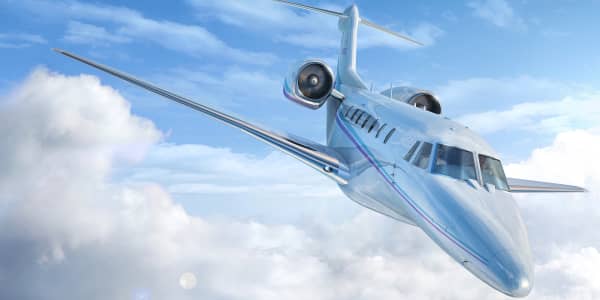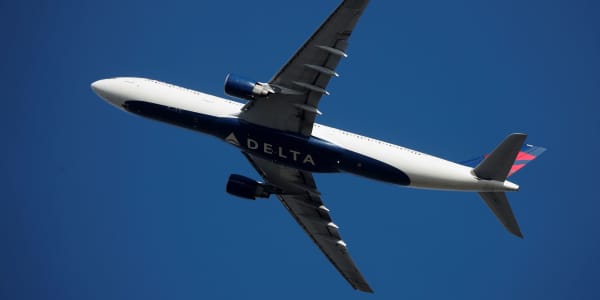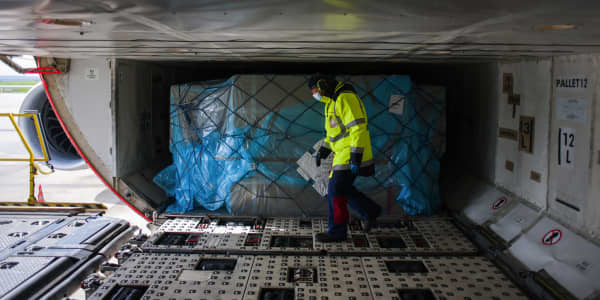A close ally of Russian President Vladimir Putin has said U.S. sanctions against him and the state-owned firm he heads cannot succeed.
Sergey Chemezov is chief executive of Rostec, a Russian state corporation established in late 2007 to promote and export products for civil and defense sectors.The firm employs 453,000 people and in 2016 reported a revenue of $18.9 billion.
Chemezov was barred by the Obama administration from entering the United States in 2014. Rostec itself was also subject to U.S. sanctions following Russia's invasion of eastern Ukraine.
Speaking at Dubai Airshow on Monday, the CEO said his firm is currently entered into contracts with governments and that meant that the U.S. would now have to impose sanctions against all countries with which the company dealt with.
"I do not see how they will be able to impose sanctions against all of them — I mean, India, China or Arab Emirates. I just cannot imagine how it could be done," he said in a statement Monday.
Chemezov added that representation at the World Trade Organization (WTO) was benefiting the United States at Russia's expense.
"We have joined the WTO, and what has it given us?
"The WTO has been established to promote level playing field for all market participants. But where is this level playing field, when a country can dictate its terms to all other members in the pursuit of its own interests?"
Chemezov is reported to have befriended Putin while working for the KGB in East Germany during the 1980s.
Also speaking at the airshow Monday was Rostec's director of international cooperation and regional policy, Victor Kladov.
Kladov said Russian interest in the Middle East's growing appetite for defense and technology should not be viewed as a direct challenge to firms such as Boeing and Lockheed Martin.
"I don't think we are taking away someone else's business. I see it was we are taking our share of the pie," Kladov said.
Kladov added that many countries in the Middle East were traditional customers of the old Soviet Union and Russia, and were used to the type of equipment sold by Moscow.
But the Rostec executive said supplying Russian military equipment to the Middle East was bound by strict rules over only dealing with established governments. He added there was evidence that other countries did not always follow the same rules.
Kladov said: "Almost 100 percent of Syrian territory is cleared of ISIS and what we have discovered is many, many warehouses of Western ammunition. It is a big question mark — how do they get to the terrorists?"





